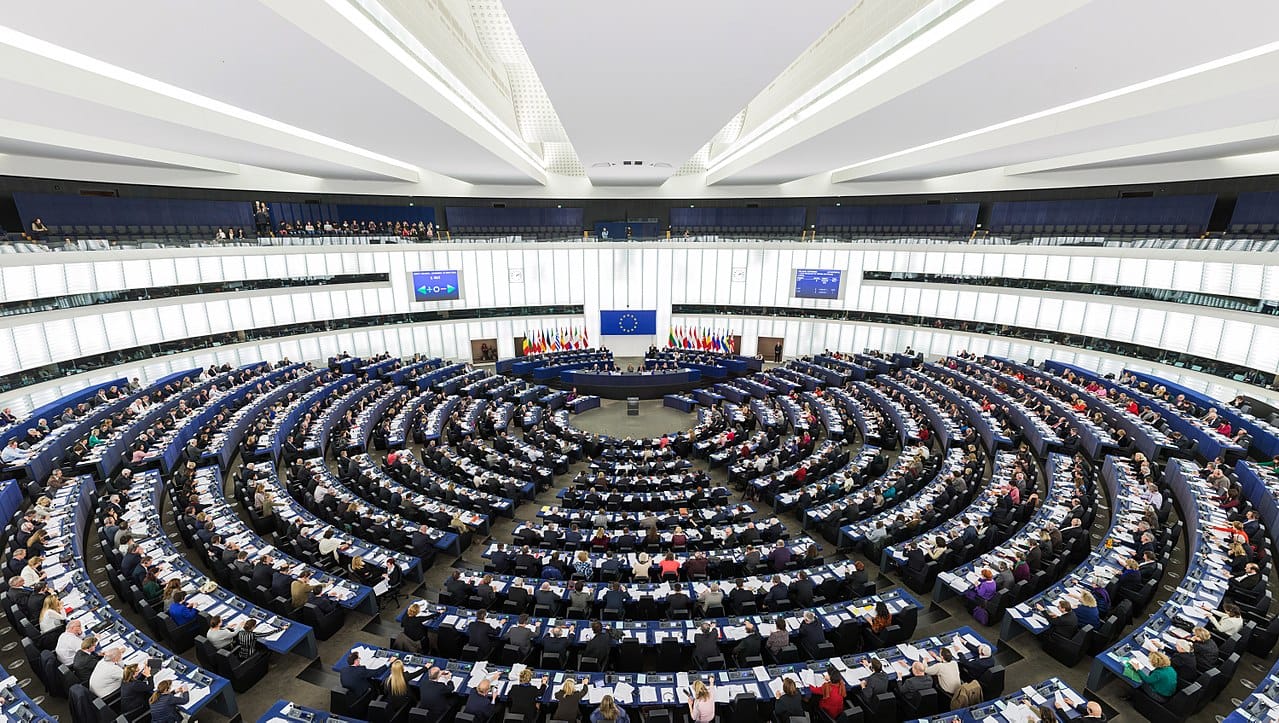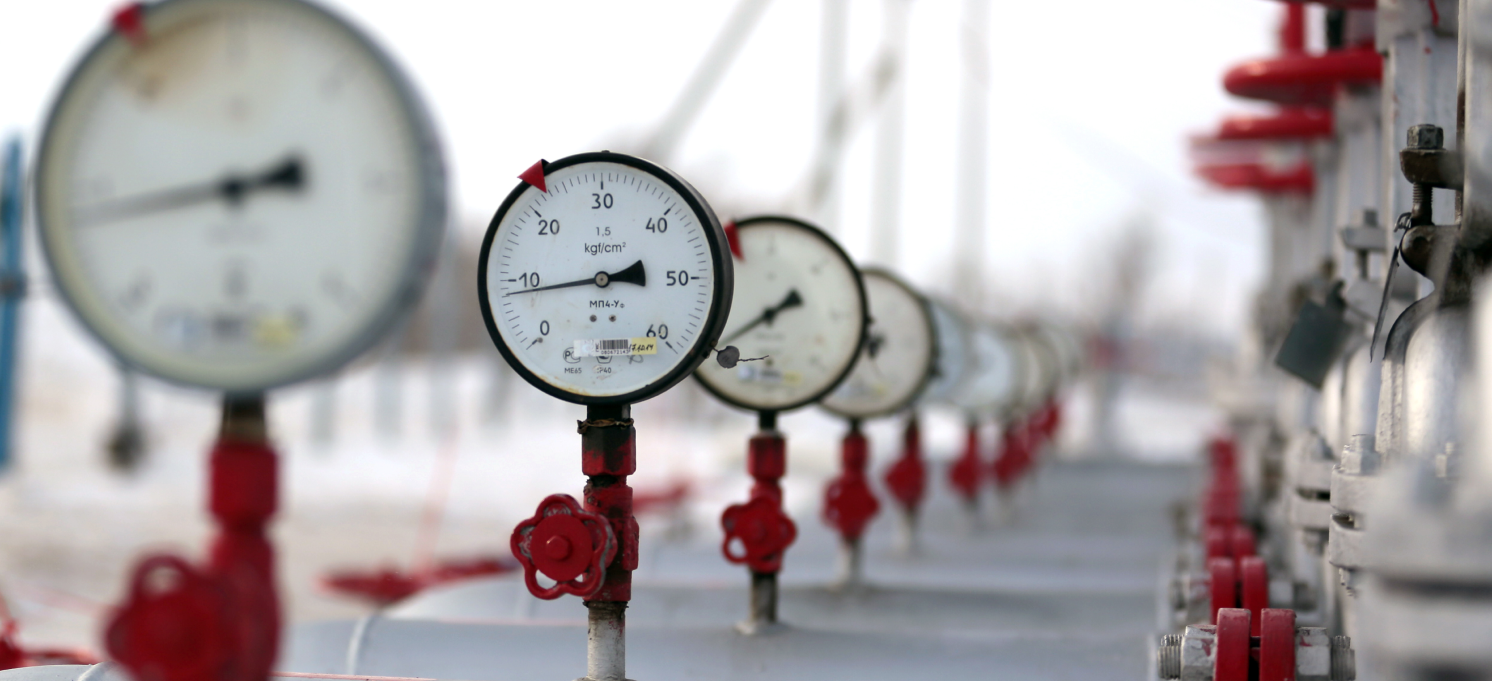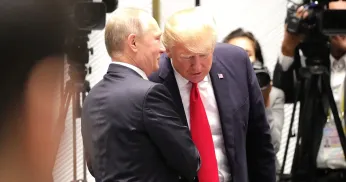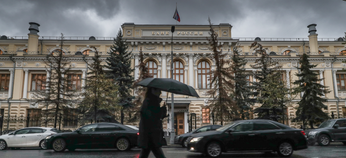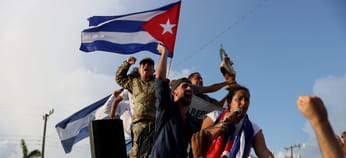
Le niveau de bien-être des Russes augmente face à la guerre, aux sanctions et à la répression
Malgré des sanctions occidentales sans précédent, la guerre avec l'Ukraine s'est accompagnée d'une amélioration notable du bien-être des Russes. Une nouvelle étude a révélé l'ampleur du facteur de bien-être domestique, les économistes de l'Institut de la Banque de Finlande pour l'économie émergente (BOFIT) ayant constaté que le niveau de satisfaction des Russes à l'égard de leur foyer et de leur situation personnelle a atteint son plus haut niveau depuis dix ans.
- Pour comprendre comment la restructuration de l'économie russe en temps de guerre a affecté les Russes, les économistes Sinikka Parviainen (BOFIT) et William Pyle (Middlebury College, USA) ont utilisé les données du Russian Longitudinal Monitoring Service (RLMS), mené par la Higher School of Economics presque chaque année depuis les années 1990. Cette recherche suit le bien-être économique des ménages et des individus russes avec un échantillon d'environ 6 000 à 8 000 ménages et de 17 000 à 21 000 personnes.
- Les économistes ont examiné les données de l'enquête RLMS pour la période 2013-2023, en analysant les réponses aux questions suivantes : "quel est votre degré de satisfaction dans la vie ? Les économistes ont examiné les données du RLMS pour la période 2013-2023, en examinant les réponses aux questions suivantes : "à quel point êtes-vous satisfait de la vie en ce moment ?" et "à quel point êtes-vous satisfait de votre situation financière en ce moment ?". Ils ont également cherché à savoir si les ménages avaient fait des achats importants au cours de l'année écoulée, combien ils dépensaient pour des événements culturels et combien de temps ils pourraient maintenir leur mode de vie actuel s'ils perdaient leur principale source de revenus.
- Ils ont conclu que les deux premières années de l'invasion de la Russie - 2022 et 2023 - ont connu les plus hauts niveaux de satisfaction générale, et que la satisfaction financière spécifique était également revenue aux niveaux de 2014 pour la première fois. Cette année-là est considérée comme une référence avant que la Russie ne soit plongée dans une crise économique à la suite de l'annexion de la Crimée, de l'imposition de sanctions occidentales et de l'effondrement des prix du pétrole.
- Les achats importants ont été réduits au minimum en 2022, mais la demande de biens non alimentaires a depuis lors augmenté plus rapidement que l'inflation et les salaires, conformément aux calculs antérieurs de The Bell. La proportion de ménages dépensant de l'argent pour les loisirs a également fortement augmenté : en 2023, elle a atteint les niveaux de 2018, notent les chercheurs. Le nombre de personnes interrogées qui ont déclaré qu'elles seraient en mesure de tenir plus de quelques mois avec leurs économies a atteint son plus haut niveau en 10 ans.
- Ces résultats correspondent aux statistiques officielles de la Russie, qui indiquent également une amélioration de la situation financière depuis le début de la guerre. En 2023, les revenus réels en Russie ne sont pas seulement revenus aux niveaux de 2013 après une décennie de perte de niveau de vie, mais ont dépassé de 5 % le niveau d'avant la guerre de Crimée, soulignent les chercheurs.
- La cause n'est pas surprenante : l'augmentation considérable des dépenses publiques consacrées à l'invasion et au complexe militaro-industriel a entraîné une pénurie de main-d'œuvre record et une hausse des salaires dans l'ensemble de l'économie. Les salaires élevés offerts par l'État aux personnes envoyées travailler sur le front, ainsi que ceux versés aux soldats (à partir de 200 000 roubles par mois) ont joué un rôle important, et les principaux gagnants ont été les habitants des régions les plus pauvres de Russie, qui ont enregistré une augmentation soudaine et inhabituelle des dépôts bancaires.
Pourquoi le monde doit-il s'en préoccuper ?
Il est peu probable que le régime de Poutine soit confronté à une menace interne tant que le bien-être et le bonheur général des Russes augmentent.





